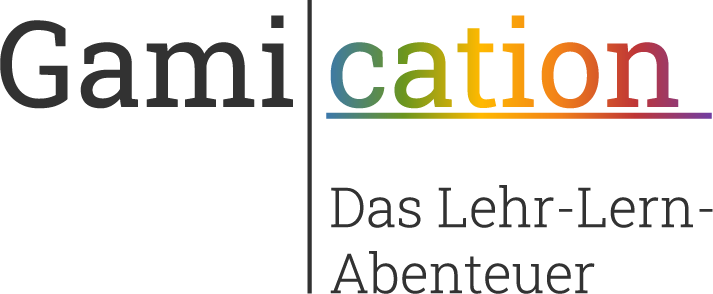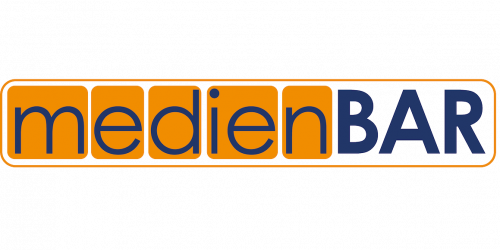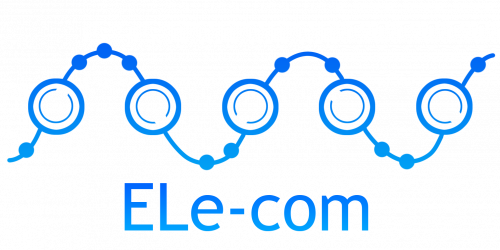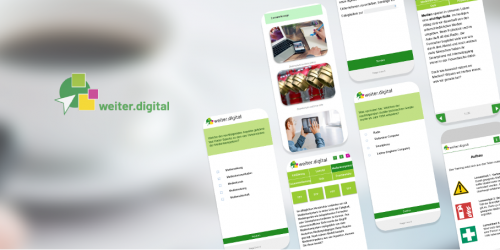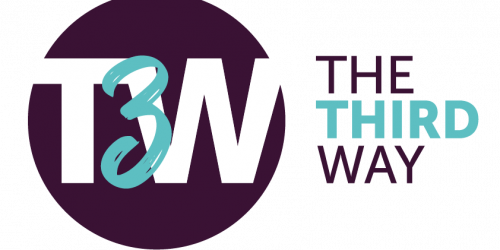Making learning experiences visible and comparable – approaches in the MyEduLife project
Occupations and the requirements for professional activities are changing faster and more frequently due to social developments. Traditional job profiles are disappearing, and new job profiles such as social media manager, sustainability manager or IT security manager are emerging. But existing job profiles are also changing, and in many jobs new tasks are being added that involve the use of digital technologies (keyword: digital skills) or the consideration of environmental requirements (keyword: green skills).
In order to monitor changes in professional activities and the resulting needs on the labor market, many countries (e.g. the USA, Australia, Singapore and the EU) already use so-called skills monitoring systems. These include data from surveys or the semantic analysis of job advertisements and show which professions and which activities are in demand in different sectors and regions. For the EU countries, data is available, for example, via the Skills Intelligence tool (https://www.cedefop.europa.eu/en/tools/skills-intelligence) of CEDEFOP, the European Centre for the Development of Vocational Training. On these pages, data is prepared, visualised and made available to inform various interested stakeholders. In this way, the demand for labour is already recorded and published on a data-based basis.
However, there is less information about the supply, i.e. about the skills and competences that the workforce has already acquired through training and further education as well as through professional experience. The basis for this is initially a standardized recording of skills and competences acquired in training or further education offers. This is one of the concerns in MyEduLife projectThe core objective is the data protection-compliant and forgery-proof storage of continuing education certificates using blockchain technology, whereby the acquired learning outcomes are to be recorded in a standardized manner and thus data is available for the analysis of continuing education behavior and results.
For the continuing education institutions, change processes must be initiated at different levels. In addition to digitizing the process of issuing, issuing and archiving certificates of participation, this also affects the specification of the skills and competencies acquired. Currently, information is often provided about the topics and content covered in the continuing education, but usually no information about learning outcomes. These must also be formulated in such a way that they are comparable between different institutions. This requires the use of a common language and taxonomy.
The EU Commission provides one such system with the ESCO, the European Classification of Skills, Competences, Qualifications and Occupations. This classification was developed by experts across the EU and currently covers over 3,000 occupations and over 13,000 skills and competences, with all entries arranged hierarchically and translated into the 26 European languages and Arabic. The use of this standard to represent skills and competences in order to demonstrate learning outcomes on continuing education certificates is now to be introduced in the MyEduLife project with three further education institutions in Saxony. The project partners have already selected three exemplary offers and are documenting their experiences with the use of the ESCO standard so that recommendations for action can be derived as to whether a standardized identification of skills and competencies acquired in further education is possible and can be implemented in a practical manner. This would be the basis for making data on learning experiences comparable and visible and thus supplementing skills monitoring for the labor market with information on the offer.
These project approaches will also be presented at the current workshop “The Future of Learning & Work. Perspectives on data, visual & learning analytics at the intersection of education and job markets” will be discussed in the Futurium Berlin.
Authors: Björn Adelberg, Dr. Jörg Neumann, Jana Riedel, Lydia Stark

